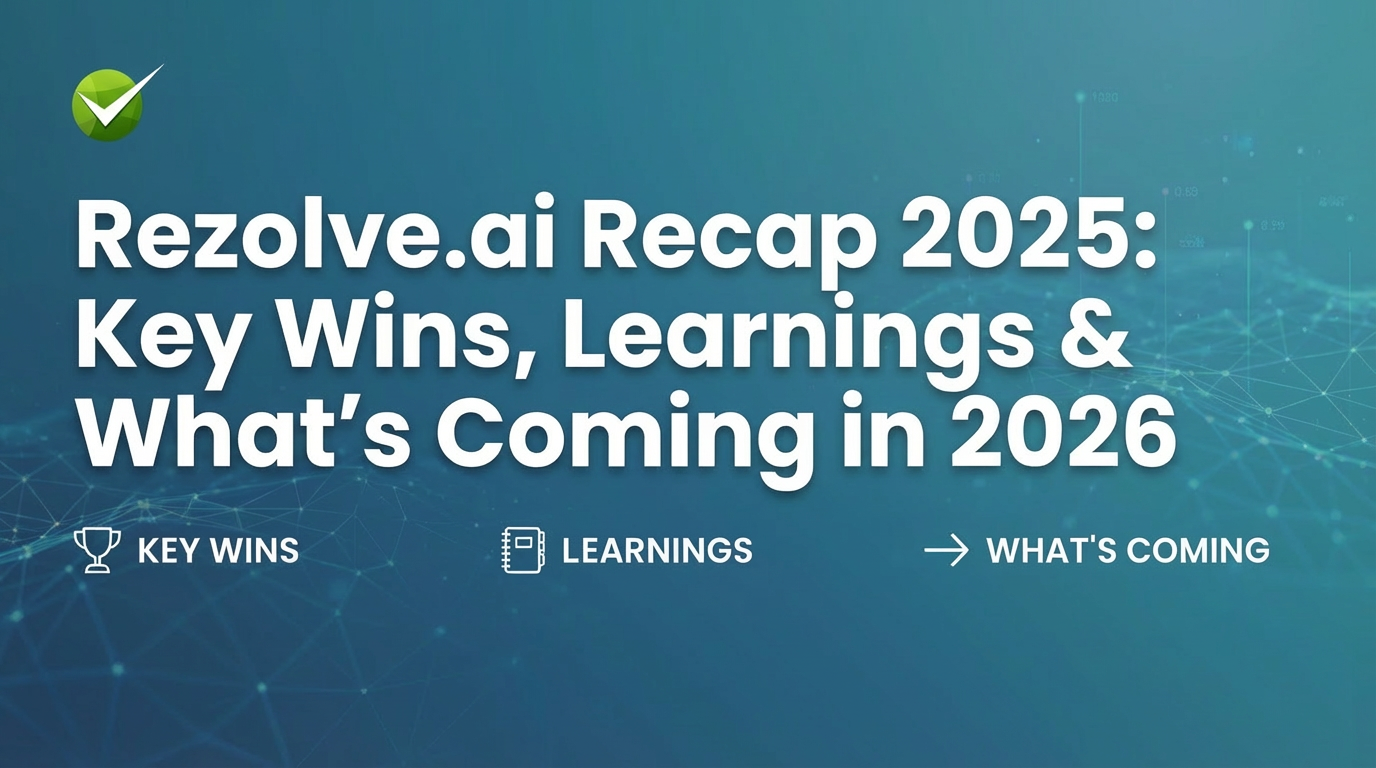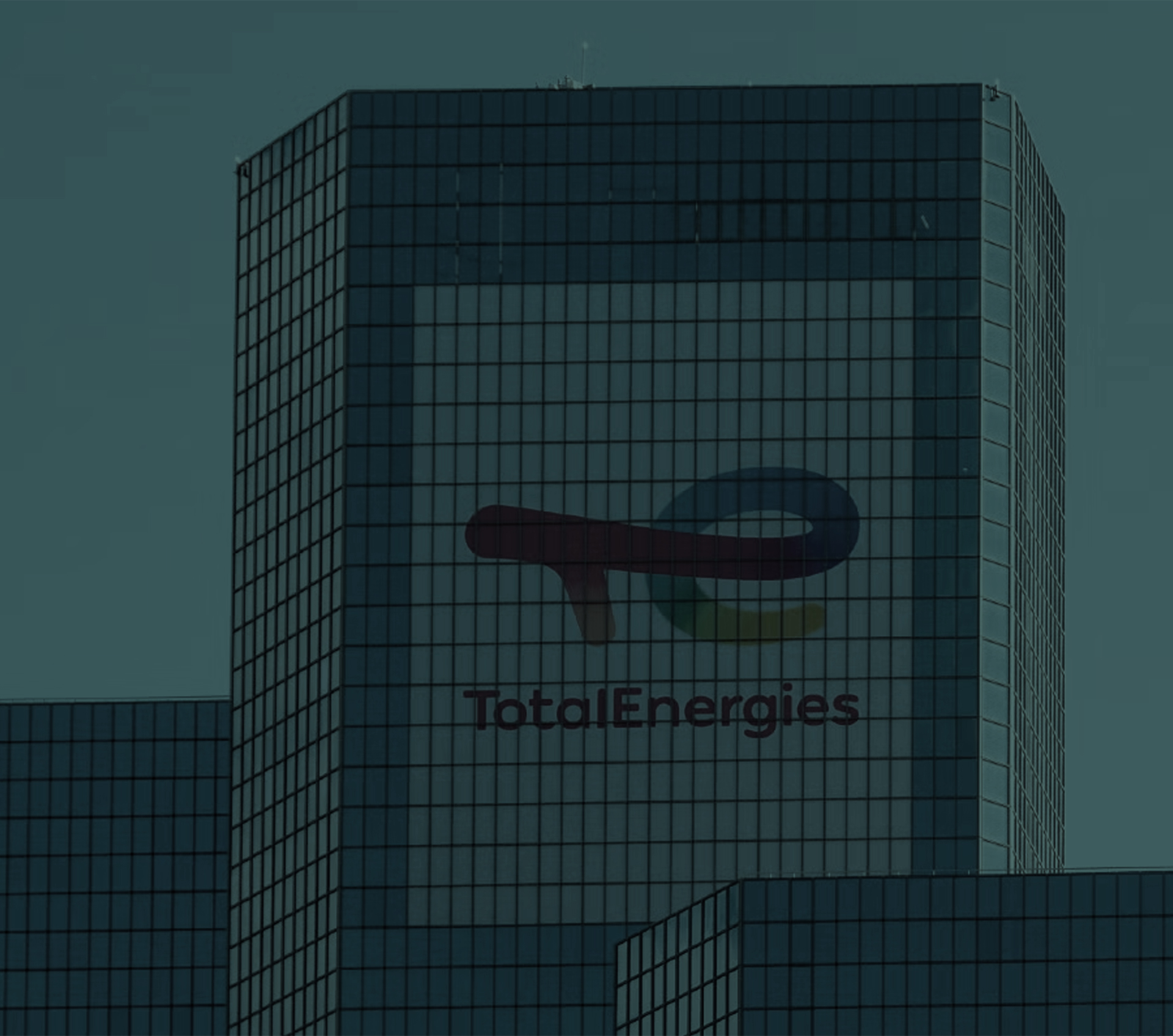In 2020, the pandemic forced everyone to stay at home rather than go to their workplaces. Through the adoption of online platforms, virtual workplaces were created for professionals. These online collaborative platforms allow users to communicate with their peers and share documents in real-time, making them miss the physical workplace environment a little less!
While the rise of platforms like Zoom and Slack is evident, another big player in the virtual workplace is Microsoft Teams, which experienced a jump in user adoption without making much noise.
Read: What Happens When You Adopt Microsoft Teams In Your Enterprise?
Microsoft Teams Adoption
The trajectory of Microsoft Teams' adoption is impressive. According to Microsoft's Q1 2021 earnings, the company reported having 115 daily active users in October 2020 compared to having 44 million users in March 2020.
The reason behind this jump is pretty evident. More and more businesses are switching to Microsoft Teams because of its online collaboration services and brand value.
Microsoft has already been able to pull the niche audience onto Teams. According to Microsoft's 2019 Q3 earnings, 91 of the Fortune 100 companies have been using Microsoft Teams for virtual collaboration and communication.
However, one of the most significant advantages that Microsoft Teams has over its peers is the AI-driven employee service desk.
The Need for an AI-based Employee Service Desk
Over time, employees have gotten tired of going through the traditional service desk that required them to create tickets and wait for their issues to be solved by the agents.
With the advent of digitization in almost every aspect of running an organization, a shift was needed to solve employee issues easily, quickly, and adequately.
The shift came when separate private channels were created for employee support to work as an alternative for the traditional employee help desk. Although changes were welcomed initially, it resulted in a plethora of complaints being raised by multiple employees.
This resulted in agents finding it difficult to route the right employees' problems and provide a personalized solution. Also, there was no innovation in the way in which answers were provided.
Finally, these problems were solved when Microsoft Teams integrated with Rezolve.ai, an AI-driven employee service desk for the users.
Rezolve.ai changes how employee cases are handled and support provided. It allows your employees to obtain quick and reliable assistance almost immediately after raising questions. Moreover, it automates the incident and request ticketing process for more efficient employee support.
Effective Knowledge Management
The AI-driven employee helps the desk scans through your knowledge base and provides specific answers to your employees' specific questions. The users no longer need to search for a couple of lines from lengthy documents provided in the name of employee support.
Personalized Employee Support
Even if the source material acting as the base of knowledge management remains the same, the specific answers and approaches for every issue raised are different.
The artificial intelligence technology in Rezolve.ai understands the question being asked and provides the solutions that best suit the user involved. This makes the user experience much more personal and leaves your employees satisfied with the assistance provided.
Context-based Support
The employee service desk used in Microsoft Teams keeps track of all the activities carried out by the employees and every question asked by them. The system stores valuable information about past interactions with employees and understands the employee needs better.
This human-like analytical thinking allows Rezolve.ai to provide context-based support to your employees. You can compare this to Google's search algorithm, where the system understands your interests based on your past searches.
Focus on Self-reliance
One of the significant advantages of an AI-based employee service desk is that it makes your employees independent. As they have all the required information and all relevant knowledge resources at their fingertips, they no longer need to knock on multiple doors and approach different executives to get their queries answered.
This is important for businesses where employees need to be trained to perform a few tasks. If you cannot afford to spend time and money teaching your employees specific skills, you can always add relevant resources within your system that will help all new employees learn the concerned skill at no additional training cost.
Understandable and Engaging Content
Rezolve.ai makes sure that the users are not put off by highly technical content that is too long and tedious to read. It provides them with engaging content that ranges from written text and pictures to interactive videos that help employees reinforce the solution provided to them.
This helps your employees retain the help desk's information better, leading to improved performance and increased employee productivity.
More Than Mere ITSM
People often assume that an employee service desk is limited to providing ITSM services. This is certainly not true in the case of the service desk integrated by Microsoft Teams.
While Rezolve.ai can be effectively used for IT support, its scope is much broader, allowing almost every department of your organization to use the same. Whether you need to manage content and knowledge on HR, marketing, sales, finance, or any other department, Rezolve.ai would work just fine as your ESM tool.
The Final Word
With Microsoft Teams integrating with Rezolve.ai, employee support services have gone through a significant shift. Not only has it led to process automation, but it also made employees more independent.
The use of artificial intelligence in the employee service desk is imperative to high productivity within an organization. As your employees no longer need to spend their time and effort seeking help or learning new skills, they can dedicate the same to getting their work done and achieving the organizational goals.
With professionals getting comfortable working from their homes and virtual workplaces becoming a way of life, innovations like these provide us with a glimpse of the future we are heading towards!





.webp)




.jpg)

.png)








.png)